How Infinity Ward found its way through no man's land
Exploring the lineage of the Call of Duty developer.
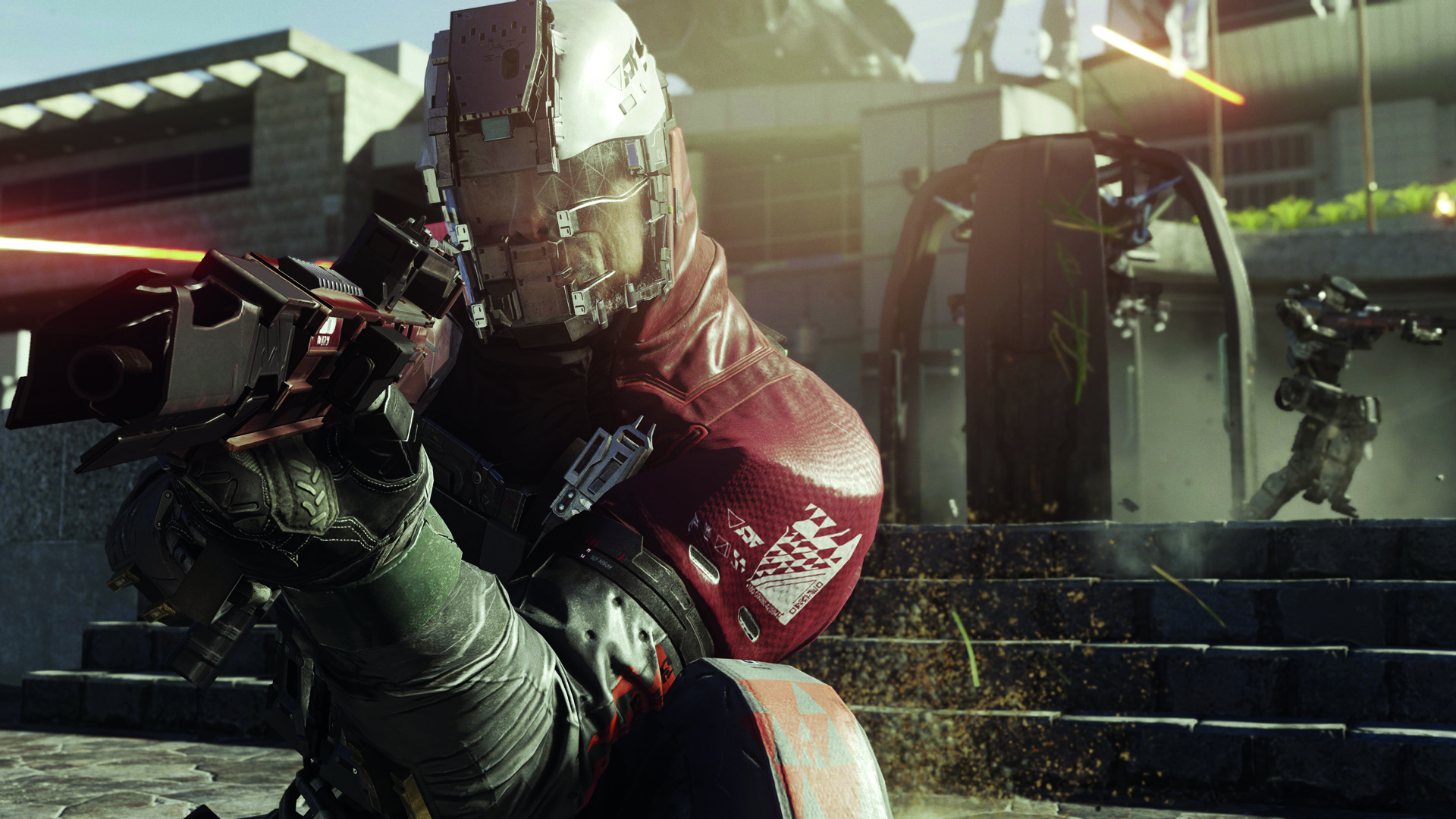
This article first appeared in PC Gamer UK 347 in July. To read more magazine features and stare at our lovely, glossy covers, consider subscribing.
There have been two Infinity Wards. The first invented Call of Duty; the second saved it from diminishing returns. In the middle was a cataclysmic event in game development, one that played out in public and left a world-famous studio forever changed.
The origin point of Call of Duty, when you get down to it, was actually Medal of Honor: Allied Assault. While still under the auspices of a company named 2015 Games, the nascent Infinity Ward team established a new paradigm for first-person shooters. Where FPS protagonists in the preceding decade had been unstoppable steam trains let off the rails, Allied Assault’s Lt Mike Powell was unnervingly huma—all too vulnerable to machine-gun nests and mortar fire, which seemed to rip the air in two.
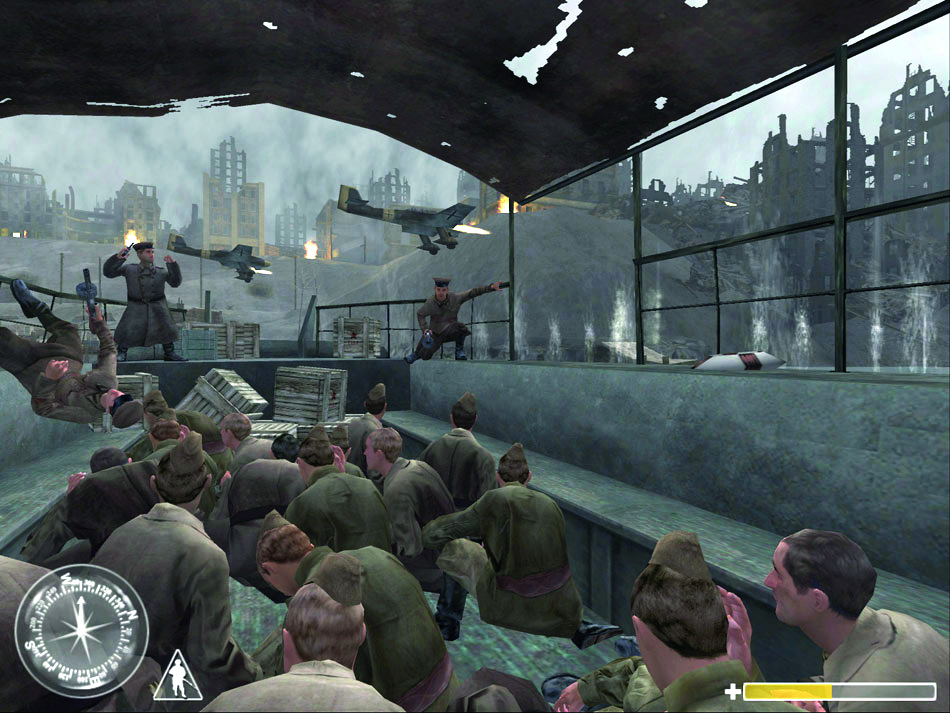
That sense was only compounded in the first Call of Duty—released, astonishingly, just the next year. Its quintessential moment, ripped straight from Enemy at the Gates, saw your Russian protagonist armed with merely a strip of Mosin Nagant ammo, and the order to pick up a gun from the cold hands of the doomed comrade in front of him. Over a campaign characterised by ringing ears and crawls through the mud, dumb luck played as much a role in your continued survival and promotion as player skill. Infinity Ward balanced this hellish game of chance with a sombre tone and sense of nobility inherited from Spielberg, the original architect of Medal of Honor.
Changing faces
That tone wouldn’t be what the studio carried forward into later games. Instead the most important part of Call of Duty proved to be its shifting perspective. Those early games swapped between British, American and Russian soldiers in order to cover as many fronts of the Second World War as possible. But the ability to inhabit different bodies opened up new narrative possibilities, which came to shocking fruition in 2007’s Modern Warfare.
Call of Duty 4 posited that a shooter didn’t need to stick with any one protagonist. In fact, Infinity Ward decided that player characters didn’t even need to survive the mission: the second set of eyes you occupy in the game have a bullet fi red right between them shortly afterwards. Modern Warfare’s water-cooler moment, meanwhile, was simulated radiation death first-hand.
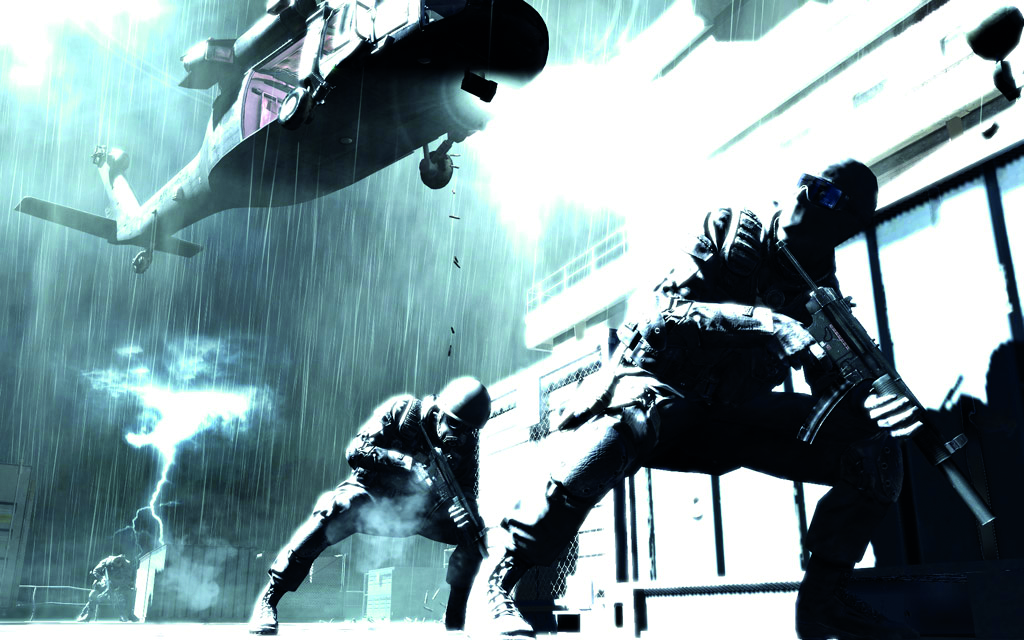
The idea introduced a Tarantino-esque narrative instability to the FPS genre—no character was invulnerable, lending Infinity Ward’s stories an electricity that peers couldn’t match. Even when Modern Warfare 2 pushed the boundaries of taste as terrorist atrocities rubbed up against a Bond-ian world tour, that abiding sense of volatility won the day.
Keep up to date with the most important stories and the best deals, as picked by the PC Gamer team.
Then the sky fell in. Activision fired studio heads Vince Zampella and Jason West for "breaches of contract and insubordination", and in the aftermath, Infinity Ward’s core team followed them out the door. West and Zampella founded Respawn Entertainment, developer of Titanfall, who with the launch of Apex Legends would go on to become Infinity Ward’s chief rival.
Bleeding out
The remaining Infinity Ward team was left with a gaping hole in the hull and a series to keep afloat. Sledgehammer Games helped patch over the tear, developing ModernWarfare 3’s campaign while Infinity Ward handled the multiplayer, paving the way for the cross-studio collaboration Call of Duty relies on today. When Infinity Ward released its next solo project, however, the public was finally able to assess the damage: with Ghosts, the studio had lost its voice, retaining the set piece bombast of Modern Warfare but none of its purpose.
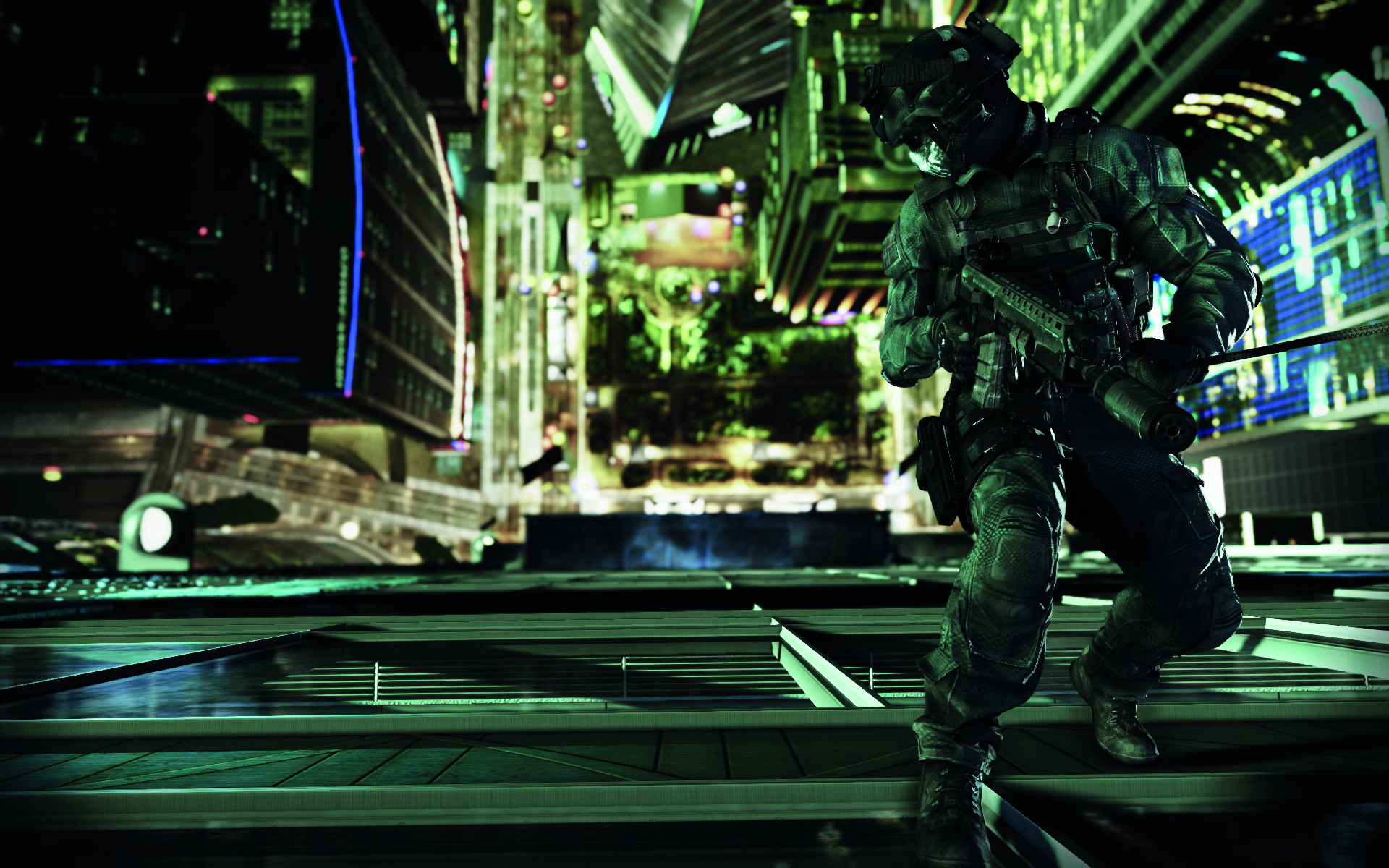
Infinity Ward’s glory days might have ended there, were it not based within commuting distance of Naughty Dog. Into the studio’s creative leadership vacuum stepped Taylor Kurosaki and Jacob Minkoff, veterans of Uncharted and The Last of Us, who overhauled Infinity Ward’s approach to story. Rather than rely on explosive plot twists, which risked becoming predictable, they instilled a new focus on slowburn character arcs. The result was Infinite Warfare, which divided fans on its deep space setting, but told a bold story about the cost of being in command from the perspective of a battleship captain. When Infinity Ward came to reboot Modern Warfare, it did so from a position of strength rather than desperation.
The difficulty has been in marrying these new successes to the old. For 2019’s Modern Warfare, Infinity Ward returned to a split-perspective story, which diluted its otherwise solid character work—players simply didn’t get to spend enough time with each protagonist to invest in their plights and goals. Modern Warfare’s recognisably real-world concerns, meanwhile, made an uncomfortable backdrop for its shocking set pieces. It’s impossible to divorce a gas attack at the centre of its campaign from the Gulf War environment it so meticulously copies.
Quiet time
Yet the new Infinity Ward triumphed in one area it never had during its previous iteration: de-escalation. Where each entry in the original Modern Warfare trilogy attempted to one-up its predecessor, the reboot turned down the volume. One mission asked players to distinguish terrorist from innocent in a London townhouse, while online, Gunfight mode required them to track the footsteps of just two enemies.
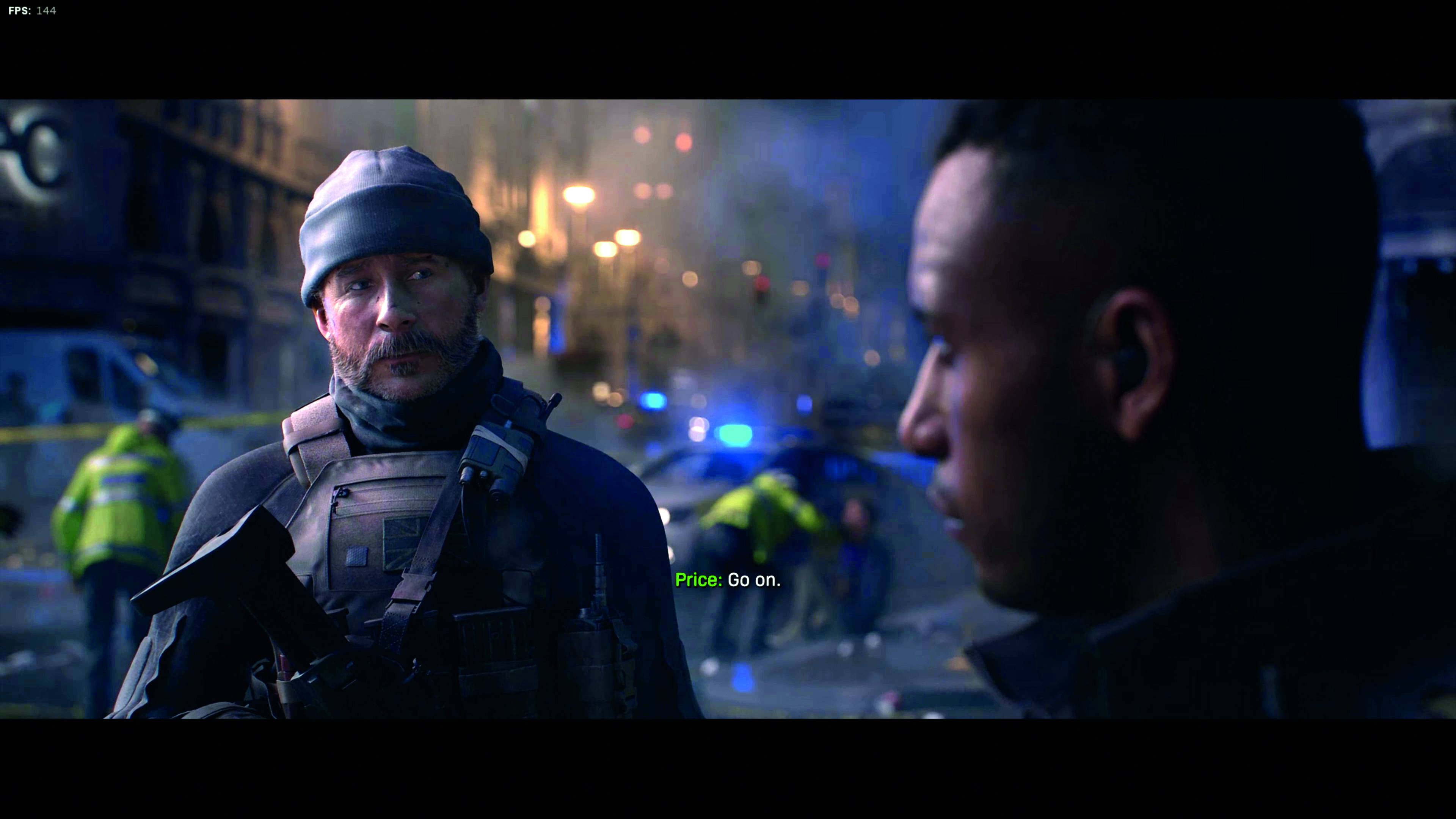
That intimacy informed Warzone, which despite the sweep of battle royale, often comes down to cat-and- mouse fights within tight buildings. The studio seems to have learned that too much action comes at the expense of tension.
With Warzone’s playerbase on the rise, the plan is to run the battle royale as an evolving story, folding in the characters and events of Treyarch’s Black Ops reboot. Infinity Ward now faces the same challenge it did before that schism: to keep its stories coherent, and to resist the urge to make every explosion larger than the last. At least it has seasoned storytellers in command, and a competitor to keep it sharp: even from afar, at the head of Respawn, Vince Zampella is helping to keep the studio he co-founded on track.
Jeremy Peel is an award-nominated freelance journalist who has been writing and editing for PC Gamer over the past several years. His greatest success during that period was a pandemic article called "Every type of Fall Guy, classified", which kept the lights on at PCG for at least a week. He’s rested on his laurels ever since, indulging his love for ultra-deep, story-driven simulations by submitting monthly interviews with the designers behind Fallout, Dishonored and Deus Ex. He's also written columns on the likes of Jalopy, the ramshackle car game. You can find him on Patreon as The Peel Perspective.

